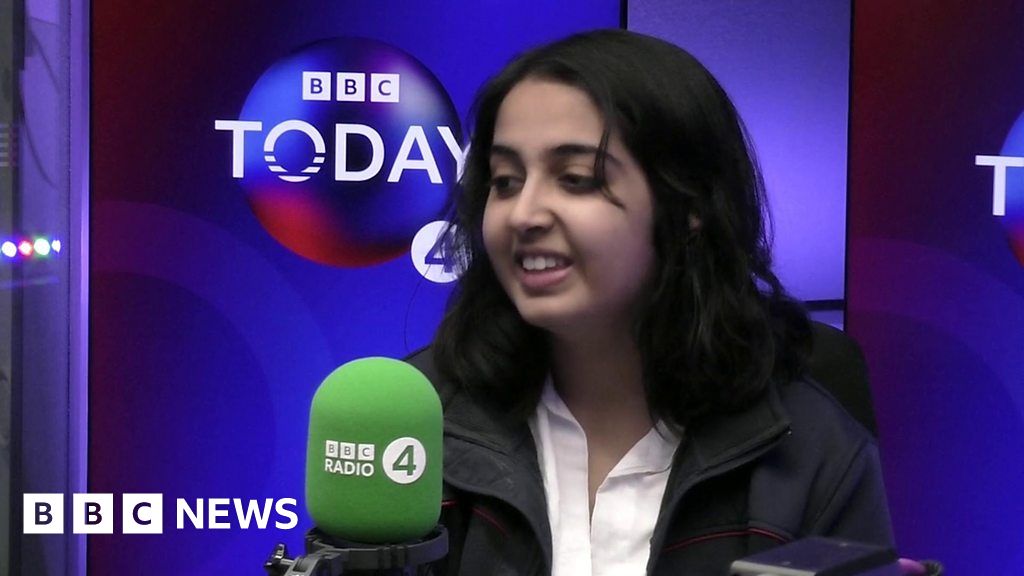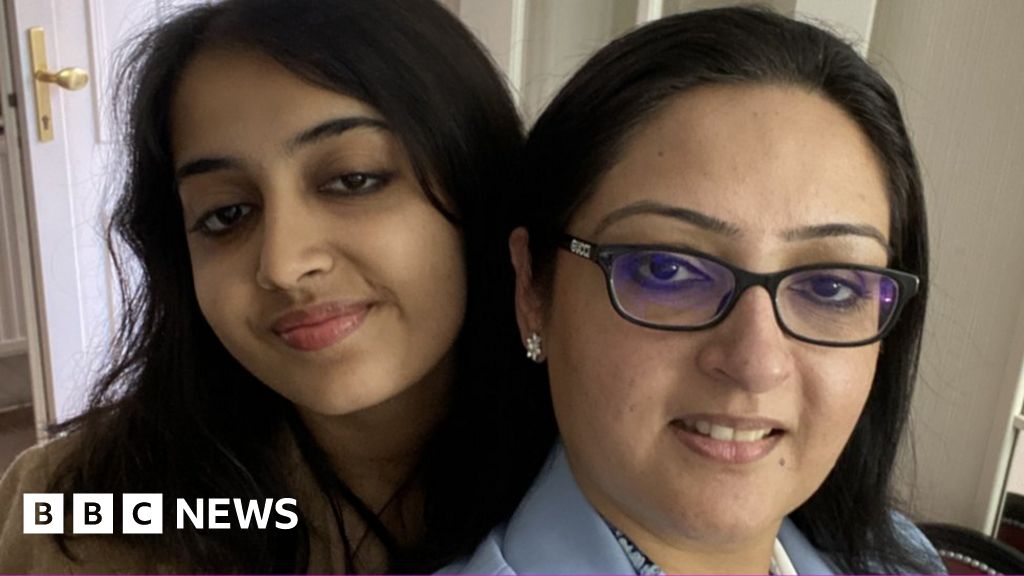This is a question that myself and the team asked ourselves often while I was working on Stairway. Not only did we ask ourselves, but we asked other people too; those who were actively engaged in education. We spoke to hundreds of students, teachers, parents, academics (researching education) and more, to understand the range of answers to this question, and whether we could identify any patterns.
What was immediately striking was that there was practically no consensus on the real purpose and reason behind education (which I deliberately use as the word here, distinct from learning, in reference to the education system in the UK as opposed to the process). Some common answers were 'to prepare for one's future', 'to give young people the life skills they need' or some took a more social/integration perspective, saying that the primary benefits were to become a well socialised member of society. But digging into these answers almost always revealed significant differences in people's views. If there wasn't even consensus on what problems were being solved with education, how could productive conversation be held about potential solutions?
I was reminded of this with headlines I've read this week:
'Slough sixth former describes life taking 28 A-Levels'


The articles feature quotes such as:
The exam papers alone can cost upwards of £50 each to sit, so with multiple papers per subject, doing 28 A-levels could see you paying thousands just to sit the exams.
In order to fit in the dozens of exam papers you will have to sit, you will need to fill almost all of the available morning and afternoon sessions in each exam season - including the domestic summer session and the international exams sat in November - across your two years of study.
So why do they believe it's a good idea?
It's not for improved chances of university admissions:
He says schools will only put students through a maximum of four A-levels - five at a push - because no university will ever ask for that many as an entry requirement.
So what is it for?
Mahnoor says it's all for the "academic challenge".
With this being the case, surely there are better ways to challenge yourself academically than to focus on memorising so much information, much of which relies on understanding what the exam is looking for rather than critical thinking
I hope the exams go well for her, and that it helps her to decide the path she wants to pursue in life, but I'm not convinced
